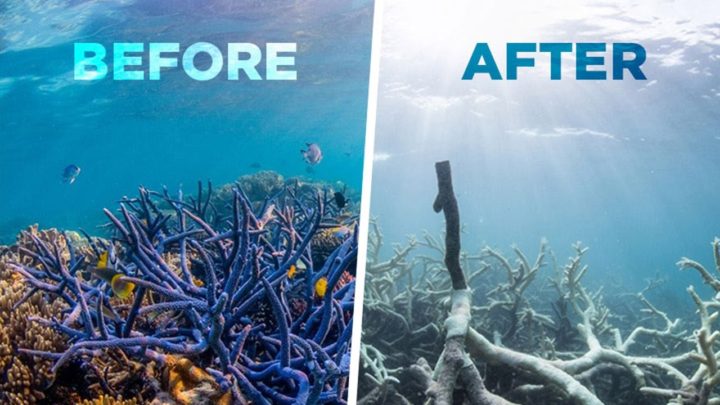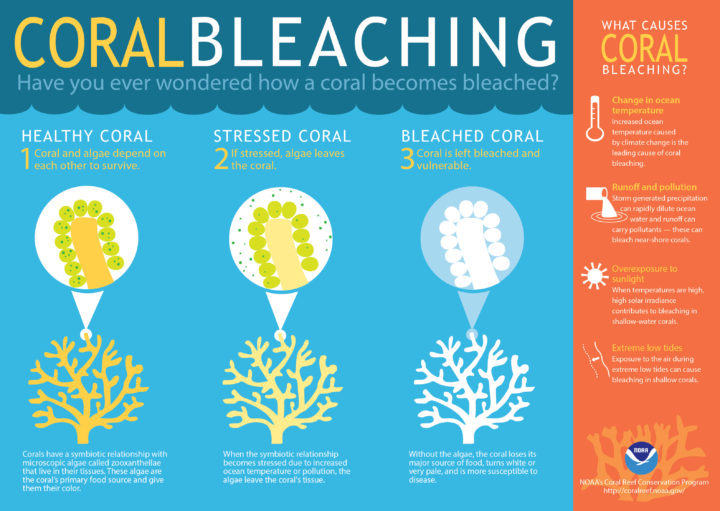Why use reef-safe sunscreen?
It is estimated that 14,000 tons of sunscreen are ending up in the world’s coral reef systems and causing irreversible damage.

Hawaii recently implemented a law outlawing two chemicals known to contribute to coral reef bleaching.
Although the law doesn’t go in effect until January 1, 2021, we want to make the effort to protect our water systems right away.
We can best do this through education on how to protect yourself with the least environmental impact.
What ingredients were outlawed and why?
Oxybenzone and Octinoxate are used in sunscreens because they are known to absorb harmful UV rays. Studies have shown these two ingredients to be toxic to the coral reef systems. Hawaii became the first state to outlaw these chemicals in sunscreen sold in the state. While rising water temperatures are the leading factor in coral bleaching, water pollution is increasing the rate at which it occurs. The exposure of oxybenzone lowers the temperature level at which coral the coral begins to bleach.
What is Coral Bleaching?
When coral is under stress, it expels the algae living in its tissues and as a result they turn white. Coral bleaching does not mean the reef is dead, however, it leaves the coral vulnerable to infection and prevents it from getting the proper nutrients to survive. The lack of healthy coral threatens the lives of many fish and other species that rely on the system for food and shelter.

How can I protect the reefs?
Look for sunscreens with a base of non-nano titanium dioxide or zinc oxide.
Buy lotion sunscreen as opposed to aerosol (minimize the pollution in the air).
Check all ingredients listed, less is more.
Ultimately the best way to protect yourself and the environment is to minimize the amount of sunscreen you are putting on your body. If you wear UV protective sunwear, such as hats, sunglasses and rashguards, you will use significantly less sunscreen. Look for the sunscreen that is label reef-safe.
